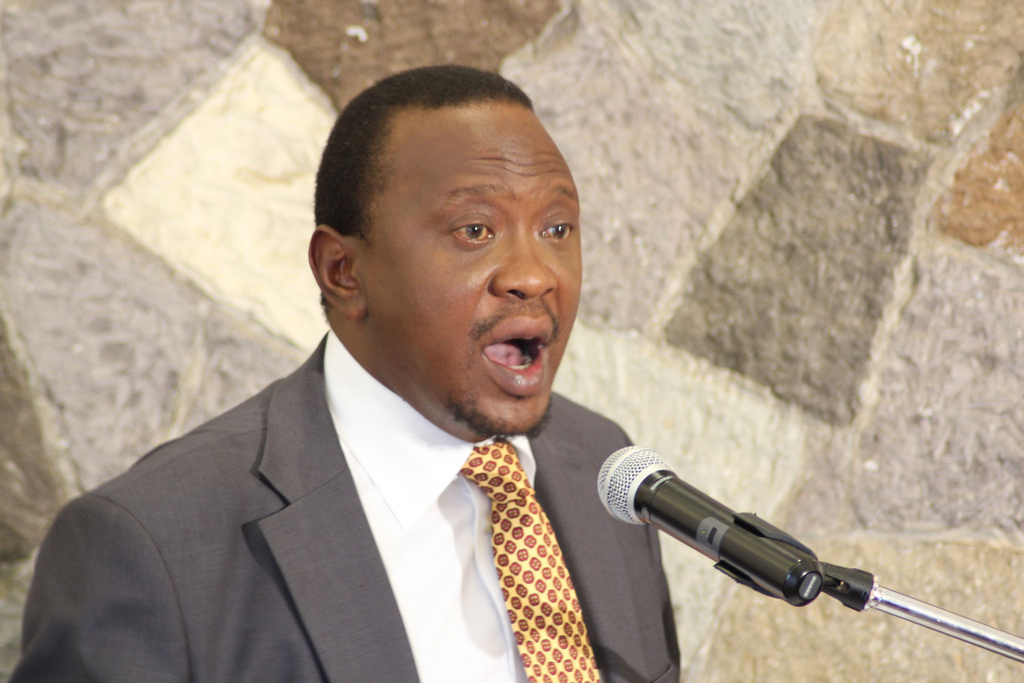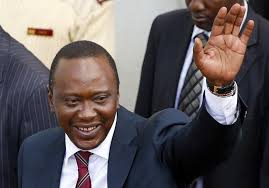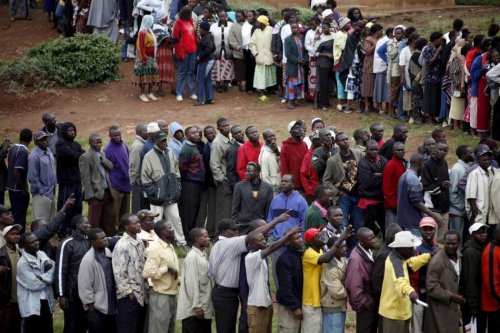
Kenya’s hopes for justice in the hands of the accused
On March 30, the Kenyan Supreme Court faced its most critical challenge to date, as it delivered its verdict on the petition contesting the results of the presidential election held on 4 March. In its landmark decision the judicial body upheld Uhuru Kenyatta’s victory as declared by the Independent Electoral and Boundaries Commission (IEBC) on 9 March. While the verdict was certainly disappointing for Raila Odinga and his supporters, the decision to contest the election through the Courts and – most crucially of all – accept its verdict, is a powerful vote of confidence in Kenya’s reformed judiciary. Odinga’s decision to contest the election through the Courts stands in sharp contrast to the disputed election of 2007-08. Five years ago, lack of faith in Kenya’s judiciary meant that challenges to the poll results played out in the streets, leading to widespread violence that swept across the country. With nearly 1300 killed and hundreds of thousands displaced, the 2007-08 post-election violence amounted to Kenya’s worst political crisis since independence.

What President Uhuru Kenyatta’s victory means for Kenya in the next five years
Following one of the most tightly fought elections in Kenya to date, Uhuru Kenyatta was recently announced as the country’s new president.
The news came after the Independent Electoral and Boundaries Commission (IEBC) conducted an audit of its final tallies to ensure it could rebuff the criticisms – made by supporters of second-place-candidate Raila Odinga – that some provinces had counted more votes than there were registered voters. Odinga’s Coalition of Reforms and Democracy (CORD) will bring their complaints to the Kenyan Supreme Court but their protests are being outweighed by the ‘thumbs up to polls’ given by the EU mission and the approval given by the African Union and Commonwealth observer groups. The recent groundswell of opinion supports their verdict: Kenya has a new president, who has been freely and fairly elected.
What does Kenyatta’s victory mean for Kenya’s next five years? There are big changes on the way that will challenge and re-design the country as we have come to know it.

Kenya: To the elections, and beyond (part two)
Two sides have formed in the run-up to Kenya’s March election. The first, under the Jubilee Alliance, is an alliance between presidential candidate Uhuru Kenyatta and his running-mate William Ruto, two experienced political leaders who are also suspects to the International Criminal Court (ICC) for crimes against humanity conducted in Kenya’s previous election period. The second main side vying for election is a partnership between presidential hopeful Raila Odinga and his running-mate Kalonzo Musyoka, under the CORD Alliance (Coalition for Reforms and Democracy). This clash of titans has three possible outcomes









